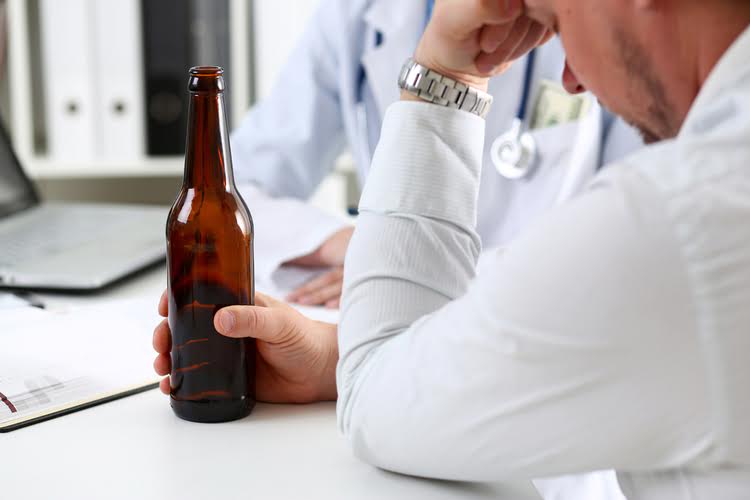
Treatment and Recovery National Institute on Drug Abuse NIDA
Finally, a history of multiple withdrawal experiences can exacerbate cognitive deficits and disruption of sleep during withdrawal (Borlikova et al. 2006; Stephens et al. 2005; Veatch 2006). Taken together, these results indicate that chronic alcohol exposure involving repeated withdrawal experiences exacerbates withdrawal symptoms that significantly contribute to a negative emotional state, which consequently renders dependent subjects more vulnerable to relapse. There is considerable information about short-term remission rates among individuals who have been treated for alcohol use disorders, but much less is known about prospectively ascertained natural remission rates. Moreover, we have virtually no information about relapse rates following remission among untreated individuals, or how they compare with relapse rates following remission among treated individuals. Two important related issues involve identification of predictors of short-term remission and subsequent relapse among remitted individuals, and specification of differential predictors of remission and relapse for treated versus untreated individuals.
Cross-sectional studies of individuals who attained remission without help suggest that long-term recovery is enhanced by maintenance factors, such as high self-efficacy, more reliance on approach and less on avoidance coping, support from family members and friends, and positive life events [18,32-35]. The relative absence of these maintenance factors should increase the risk of relapse; however, we do not know of prospective studies on this issue among individuals who remitted without help. This study examined the rates and predictors of 3-year remission, and subsequent 16-year relapse, among initially untreated individuals with alcohol use disorders who did not obtain help or who participated in treatment and/or Alcoholics Anonymous in the first year after recognizing their need for help.
How Should I Deal With a Relapse?
Some research studies estimate relapse rates between 40 and 60 percent for people in an alcohol recovery program. These rates are similar to those undergoing treatment for other chronic conditions, like asthma and hypertension. If you’re battling alcohol addiction, these alcohol relapse statistics can be discouraging. Yet, AUD’s chronic nature means that relapse may be part of your ultimate process of getting clean or moderating your alcohol intake. Although there has been ample research in relapse of alcohol dependence, there are few studies regarding relapse of opioid dependence.[14] Although in India, the prevalence of opioid dependence is lesser than that of alcohol, they are more likely to seek treatment as compared to alcohol.
- This is part of our ongoing commitment to ensure FHE Health is trusted as a leader in mental health and addiction care.
- Access to convenient, low intensity interventions [58] could enhance the self-change process and enable such individuals to achieve and maintain remission.
- Compared to individuals who remitted with help, those who remitted without help tend to be more socially stable and to have had fewer life-time drinking problems [18,19].
- When she returned to sobriety around the time filming began for Season 12, she says she expressed to producers and cast members her desire to remain sober.
Anyone who’s dealt with alcohol addiction understands that the thoughts and cravings for alcohol never truly go away. However, how you deal with these thoughts and cravings determines whether you’ll return to alcohol consumption and abuse. A 2006 study published in the journal Addiction found that 62 percent of people treated for alcoholism through alcohol rehab or Alcoholics Anonymous maintained recovery after three years. About 43 percent of people who did not receive any form of treatment maintained sobriety. People who become overconfident in their ability to stay sober may put themselves at risk by decreasing recovery meeting attendance, exposing themselves to triggers or trying to control how much they drink instead of abstaining. Slips can cause a transition from an emotional relapse to a mental relapse or from a mental relapse to a physical relapse.
Renewal Center for Ongoing Recovery
Fortunately, with treatment, you can end your addiction to alcohol and live a high quality of life in recovery. Research shows that when treating addictions to opioids (prescription pain relievers or drugs like heroin or fentanyl), medication should be the first line alcohol relapse rate of treatment, usually combined with some form of behavioral therapy or counseling. Medications are also available to help treat addiction to alcohol and nicotine. While relapse is a normal part of recovery, for some drugs, it can be very dangerous—even deadly.


